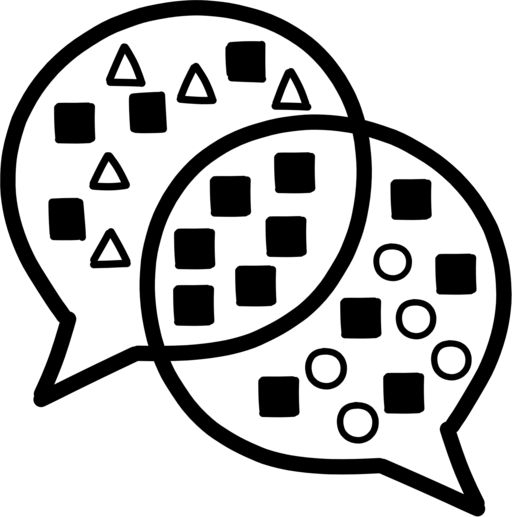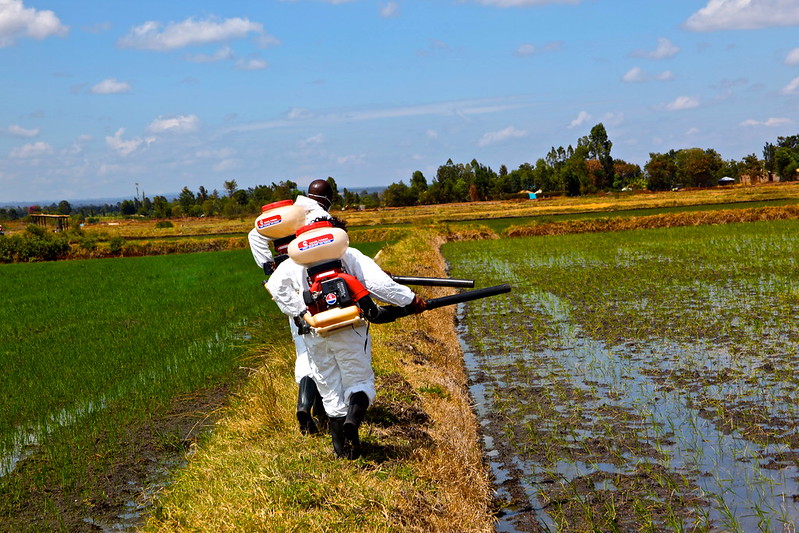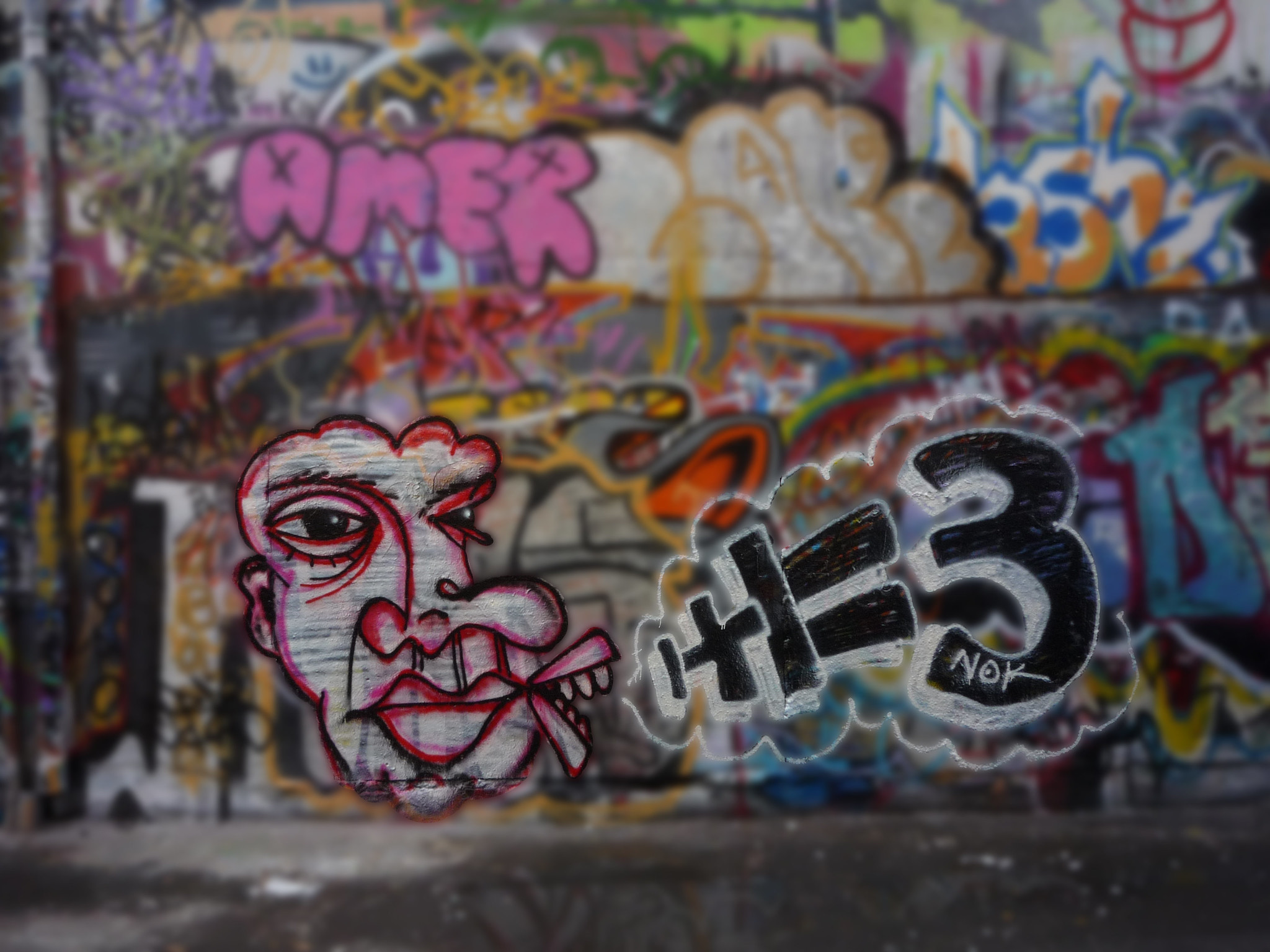
Analysis / Detection
Deregulation of GMOs: 13 organisations call for it to be rejected
Since its publication on 5 July 2023, the proposal to deregulate GMOs/NGTs has come up against significant opposition from many stakeholders. Farmers’, environmentalists’, farmers’, processors’ and consumers’ organisations, as well as supporters of organic farming, are mobilising to ensure that the proposal is rejected or at least amended. On 11 January 2023, the European Coordination […]

Innovation
Prophetic but misleading: fictitious examples in patents
The latest news on patents covering “biotechnological inventions”, particularly GMOs/NTGs, reminds us that these legal tools are above all long and complex texts. Yet the content of these texts determines the scope of these patents. In addition to a general description of the invention, including its industrial applications, a patent must describe one or more […]

Mutagenesis
French Anses experts : GMO deregulation has « no scientific basis »
Since September 2023, Member States and MEPs have been discussing the GMO deregulation proposal presented by the European Commission (EC) on July 5, point by point. In these discussions, the scientific basis of the proposed rules should be one of the points of attention. On this subject, the report by French experts of the Anses […]

New genomic techniques (GMO/NGT)
The breeders’ gene pool: a semantic trap?
Does the European Commission master all the scientific jargon used in its proposed deregulation of GMOs? Are the multinationals trying to take advantage of the complexity of the scientific concepts involved to get more than they bargain for? The European legislator, whether a Member State government or an MEP, is, like most citizens, unaware of […]

Journal
Micro-organisms and industry : a very, very concentrated market
Four industrial groups dominate the market for genetically modified micro-organisms. Of the 272 applications filed that strictly concern GMMs, 173 (64%) are from :– Novozymes (54 applications + 4 via its subsidiary Chr. Hansen) ; – DSM (42 cases + 1 via Biomin GmbH + 1 via Avansya, a joint venture between DSM and Cargill) ; – Danisco/IFF […]

Micro-organisms and industry : a very, very concentrated market
Four industrial groups dominate the market for genetically modified micro-organisms. Of the 272 applications filed that strictly concern GMMs, 173 (64%) are from :– Novozymes (54 applications + 4 via its subsidiary Chr. Hansen) ;– DSM (42 cases + 1 via Biomin GmbH + 1 via Avansya, a joint venture between DSM and Cargill) ;– Danisco/IFF (40 cases […]

Agronomy
Authorization
Genetically modified microorganisms to be released soon in the EU environment ?
On June 14 2022, the European Commission met with PivotBio. This US company markets genetically modified microorganisms (GMMs) to « convert atmospheric nitrogen and deliver it to crops ». During the meeting, PivotBio explained that these microorganisms are modified « by conventional mutagenesis or by genome editing ». But it does not wish to market them in Europe « since […]

Patents
The dilemma faced by certain seed companies in relation to intellectual property rights
The wave of GMOs/NGTs (new genomic techniques) is promised by US and European multinationals, and promoted by the European Commission and agricultural lobbies. But it also raises intellectual property issues for some « intermediate » seed companies. These GMOs/NGTs are in fact protected by patents with a potentially very broad scope, which can have an impact on […]

non transgenic GMO
Scientific manipulations, a basis of the future GMO/NGT law?
The European Commission claims that its proposal for deregulation, which it put forward on July 5 2023, does not concern all GMOs but only “plants produced by targeted mutagenesis and cisgenesis” [1]. Copa-Cogeca publicly comments on the proposal, welcoming “the fact that the Commission’s proposal plans exemptions from EU GMO legislation for certain specific NBTs and […]

